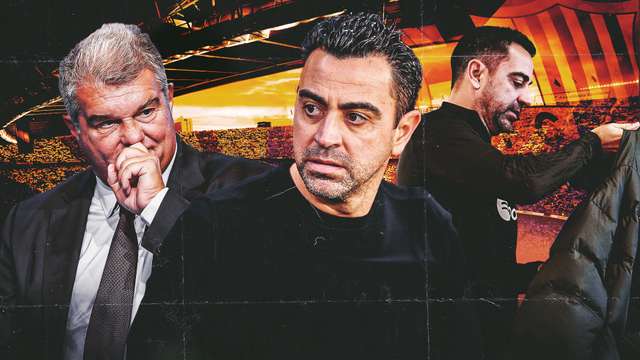When a promising player has proven himself at the youth, amateur or semi-professional level, the professional stage usually beckons, where he gets the opportunity to fully concentrate his time on footballing endeavours, his attention undistracted by the need to earn his living elsewhere during the day.
Malaysia's domestic football also features plenty of stories like this, that major moment when a player has to consider letting go of his financial and employmeny stability as an amateur, to make the leap into the unknown of professional football.
While the top two tiers of the Malaysian league these days feature mostly professional coaches and players, its journey into professionalism officially began a little over three decades ago, when the Semi-Pro League kicked off in 1989, and the fully-professional era began a few years later with the 1994 Premier League.
Up until 1989, it was not unusual for even the best Malaysia internationals to hold a day job, as recalled to us earlier by former Malaysia head coach Datuk. K. Rajagobal. For example, the late Harimau Malaya legend Mokhtar Dahari used to work and play club football for his employer PKNS (Selangor State Development Corporation), while also playing for his state team Selangor in the Malaysia Cup, alongside his international duty.
Another 1980's Malaysian star recalled his playing days as an amateur, then as a semi-professional, before getting proverbially stuck in as a pro. Zainal Abidin Hassan is currently the Melaka United head coach, but during his heyday he used to light up the domestic football scene and Southeast Asia with his goal-scoring prowess, which also took him at one point to Singapore as a foreign signing.
In an interview with Goal, he reminisced about his playing days, first as an amateur, then as a semi-pro, and then as a full professional.
He began his playing career as an amateur with the Sultan Sulaiman Club (KSS) in 1975, until he started playing for Pahang at the state level in 1983.
All the while, he worked during the day as an office administrator of a major Malaysian news organisation.
"I worked for the New Straits Times as an office administrator from 1980 to 1981, and from 1981 to 1983 I worked for a KSS-owned company.
"When I started playing for the Pahang state team in 1983, I was essentially a full-time professional, but in 1987 I started working again, for Public Bank, while also playing for them, as well as for the state team.
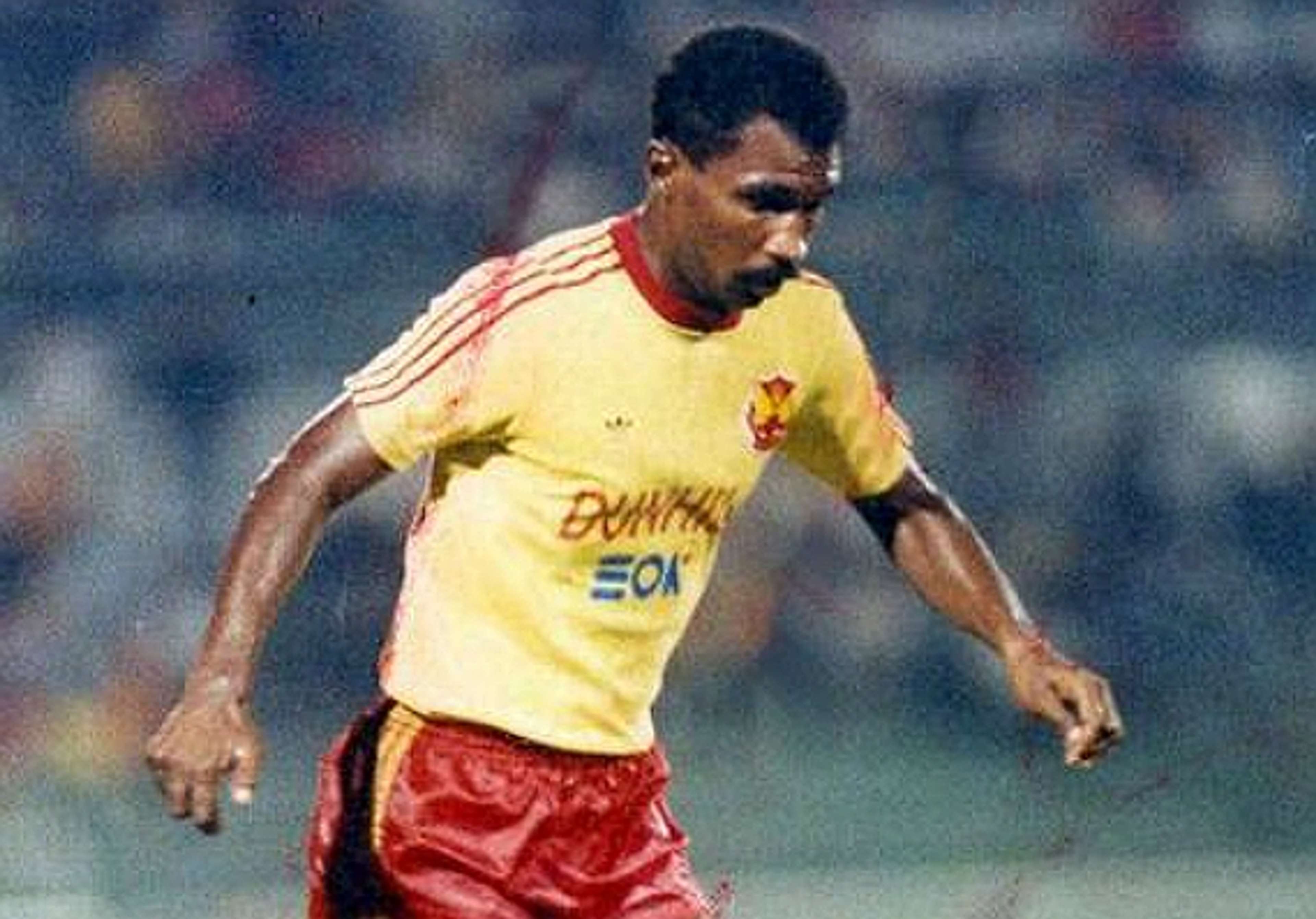 Asia Finest
Asia Finest
Zainal during his playing days. Photo from Asia Finest
"Playing as a semi-pro was different; we were given time off to come in at 10 and to leave at three in the evening, especially when these companies hired us because of our sporting prowesss. In early 1988 Dollah Salleh, my striker partner at Selangor and work mate at Public Bank at the time, were even allowed to play in the Singaporean league (a three-match loan spell at Balestier United) when the Selangor state league was over," recalled the former Pahang and Selangor star.
Looking back at his decision, Zainal recalled no hesitations, only a single-mindedness to concentrate on his footballing career.
"I had no reservations about playing full-timebecause Pahang looked after my welfare well. I did discuss about the decision with my family, but in the end it was the correct decision because a footballer needs to concentrate on playing.
"The thing is, we played a lot more at the semi-pro level back then, as compared to as a pro. As a semi-pro I got to play for my employer, my state team and Malaysia at the same time. However, as a full-time player, it was only the state team and the national team.
"So when the league turned fully professional in 1994, I was already used to it. The only thing to do was to quit my Public Bank job.
"But there were quite a few, around 10 or 15 per cent of the players at the time, who declined to turn professional that year. So they continued their official employment and only played at the lower levels. It was a risky choice after all; if they didn't perform as a professional they would not be able to earn money. It wasn't a decision that could be made lightly," said the 58-year old.
On top of his conviction that turning pro was the correct decision for him, he also believes that the top Malaysian tiers should remain contested by professionals, despite critics' opinion that Malaysian footballers are underachieving, although they are full-time players.
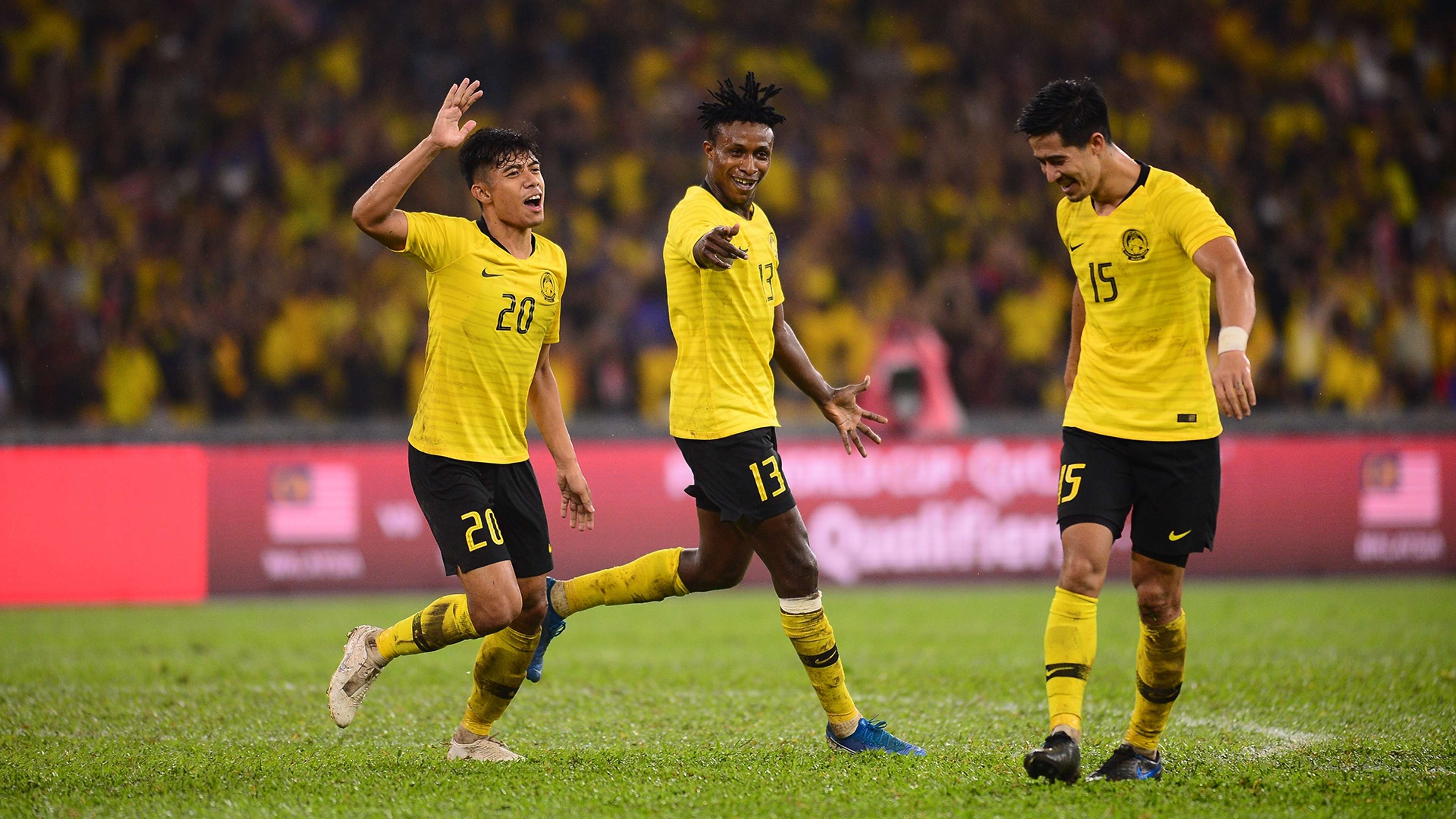 Sports Regime
Sports Regime
Photo by Sports Regime
"Their being paid as professionals is not the cause; there are other factors [of the lack of success]. If we want to progress, we have to move forward. We can't regress.
"We have to find ways to progress, instead of going back to how things were," stated the former international who was capped over 100 times for Malaysia.
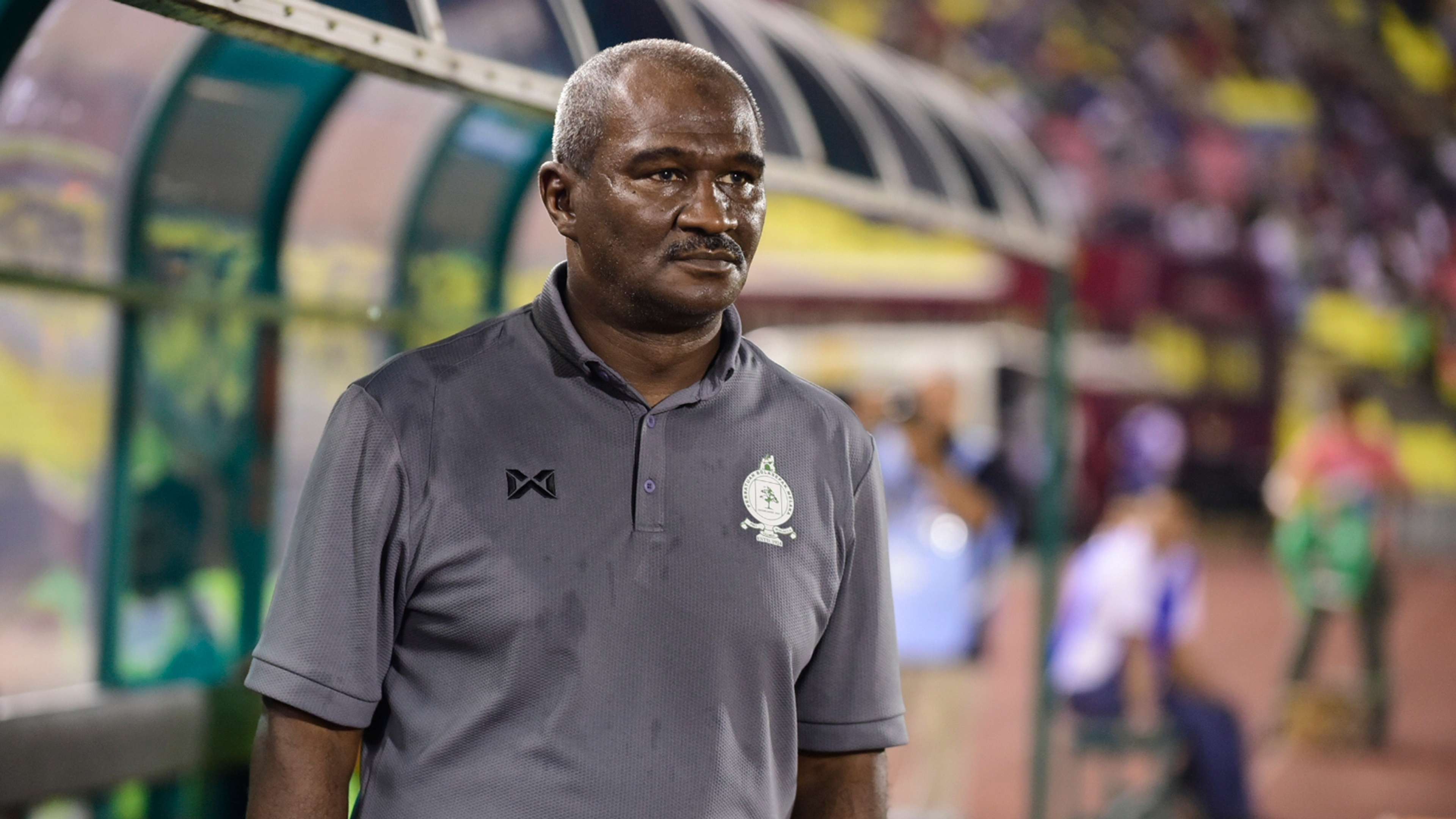
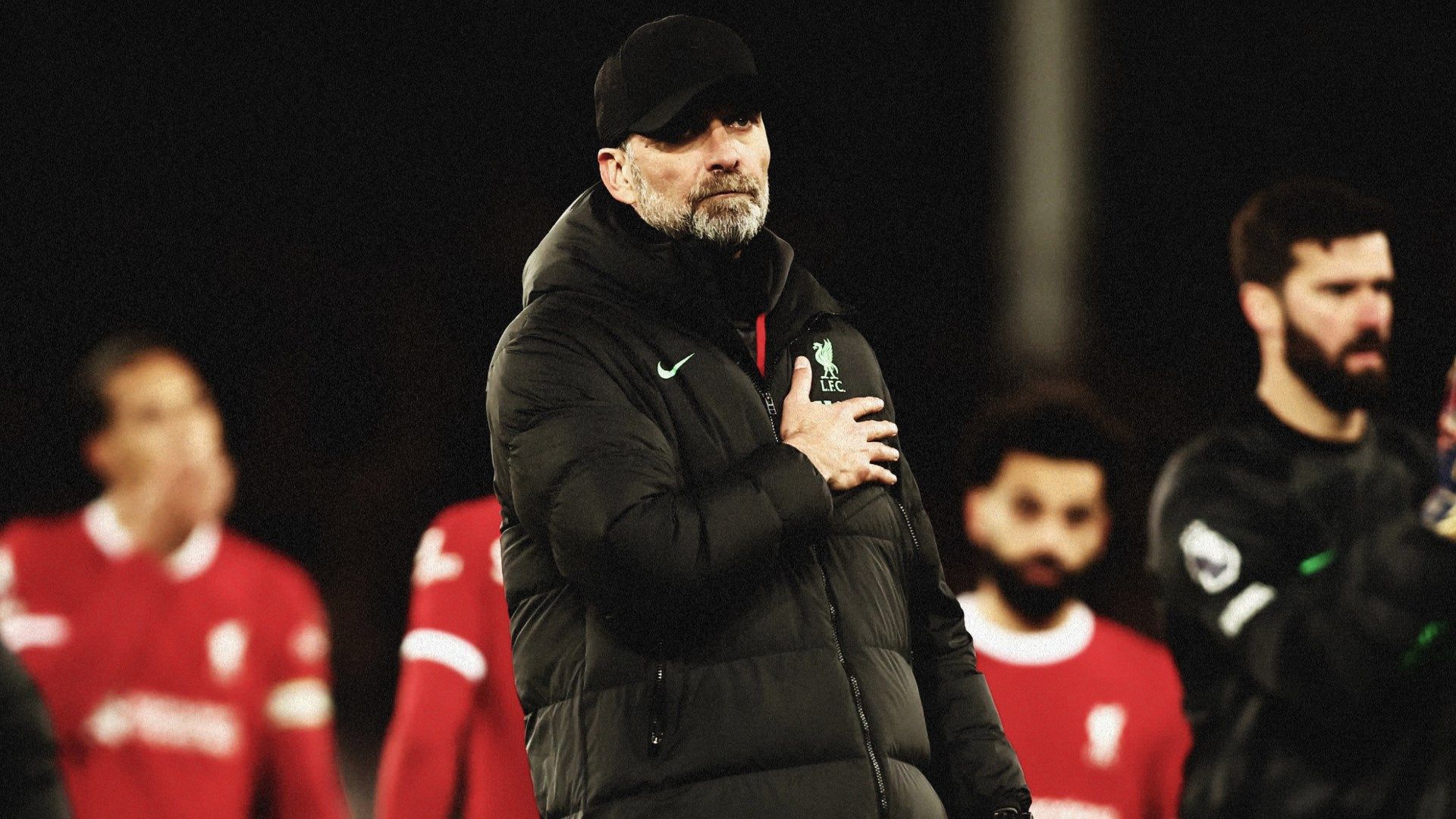.jpg?auto=webp&format=pjpg&width=640&quality=60)
.jpg?auto=webp&format=pjpg&width=640&quality=60)
